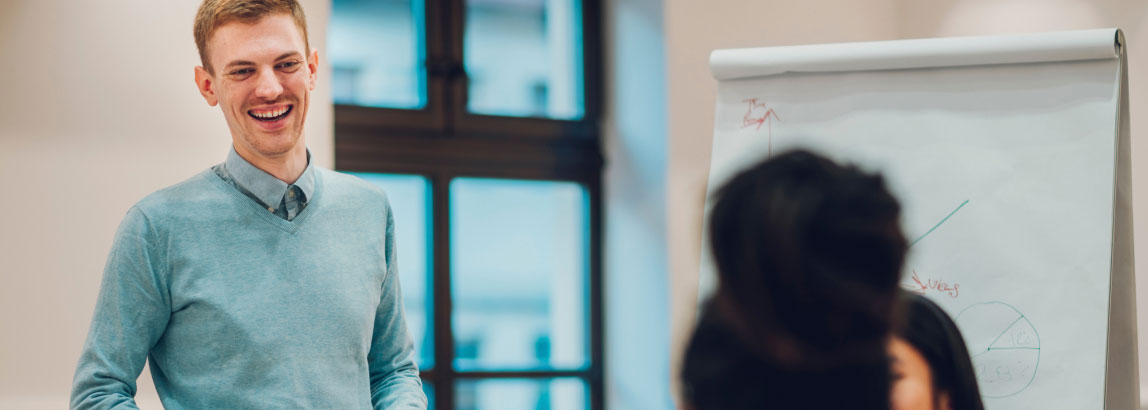Not found

Related vacancies

PhD in Quantum Logic Spectroscopy - Precision measurements of trapped H2+ ions
- 0.8 / 1
- Faculty of Science
- PhD
- MSc
- Closes on28-02-2025
- Publishing date23-10-2024
-
0.0 km
Join us to achieve the most precise measurements of the simplest molecular ion, H2+, to test QED calculations and improve the values of fundamental constants using state-of-the-art quantum technologies.
View vacancy

PhD position: Recording in social interaction
- 1 / 1
- Faculty of Humanities
- PhD
- LL.M
- Closes on01-03-2025
- Publishing date28-01-2025
-
0.0 km
Are you looking for a PhD position in the field of communication? Do you have a background in conversation analysis, interactional-, or sociolinguistics? Are you fascinated by the impact of smartphones on social interactions? Join our team!
View vacancy

Assistant Professor (UD) in Political Science
- 1 / 1
- Faculty of Social Sciences
- Assistant Professor
- LL.M
- Closes on01-03-2025
- Publishing date28-01-2025
-
0.0 km
Do you have a strong research agenda in international relations? Are you motivated to teach talented Bachelor students? Then please apply for this position that combines research at VU Political Science with teaching at Amsterdam University College.
View vacancy
This website uses cookies
We, and third parties, use cookies on our website. We use cookies to ensure that our website functions properly, to store your preferences, to gain insight into visitor behavior, but also for marketing and social media purposes (showing personalized advertisements). By clicking 'Accept', you agree to the use of all cookies. In our Cookie Statement. you can read more about the cookies we use and save or change your preferences. By clicking 'Refuse' you only agree to the use of functional cookies.